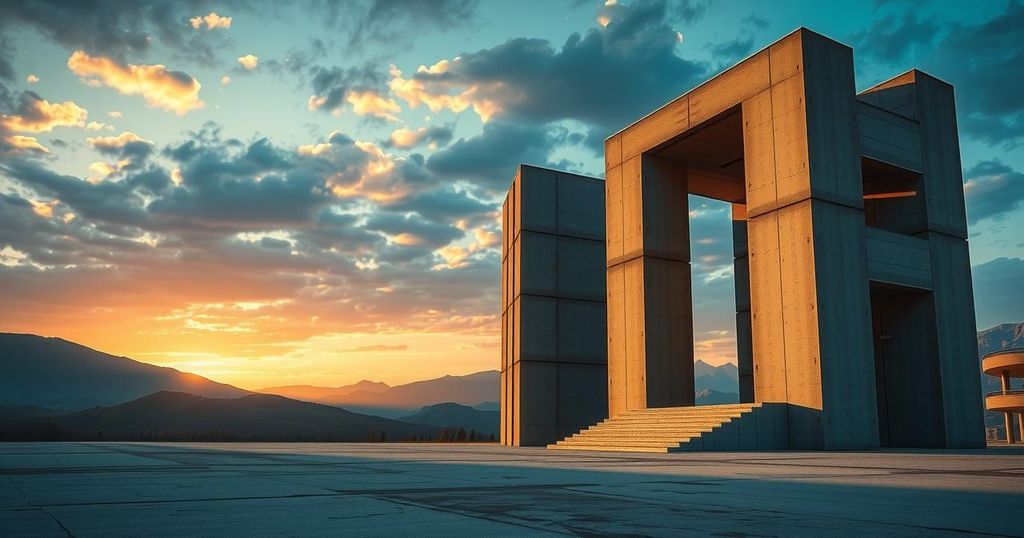Oscars May Enforce New AI Disclosure Rules Amid Filmmaking Controversies
As AI technologies rear debates in Hollywood, the Oscars may enforce mandatory disclosure of AI use in films. *The Brutalist*, directed by Brady Corbet, faces scrutiny for its AI-assisted voice modulation and architectural designs. The Academy’s optional disclosure form might soon turn mandatory, with revisions expected by April 2026. The industry is grappling with the role of AI amidst concerns over audience satisfaction.
The Oscars may soon see the introduction of new rules regarding the use of artificial intelligence in films, amidst a growing debate sparked by Brady Corbet’s epic film, The Brutalist. This film has captured audience imaginations, thanks in part to its stunning visuals and length. However, it faces scrutiny over AI technology that was used to adjust actor voices. Other films nominated this season, also employing similar technology, have prompted the Academy of Motion Picture Arts and Sciences to rethink their stance on AI usage in the industry.
As it stands, the Academy has had an optional form for disclosing the use of AI in submissions, which is currently under review. Reports indicate that discussions among the Academy’s Governors and Branch executive committees are steering towards making these disclosures a necessity by the time the new rules roll out in April 2026. The industry is feeling the pressure, and clarity around AI practices is becoming imperative as films continue to adopt these tools.
The Brutalist tells the compelling story of László Tóth, a Jewish architect from Hungary who endures the horrors of a Nazi concentration camp. Post-World War II, he finds himself in America, embroiled in the murky world of a rich businessman. The controversy surrounding the film became a talking point after its editor, Dávid Jancsó, shared some insights in an interview with RedShark News. He revealed that the movie’s production team worked with a Ukrainian company, Respeecher, to give actors Hungarian accents. Additionally, AI helped in crafting some architectural designs featured in the film.
“It’s controversial in the industry to talk about AI, but it shouldn’t be,” Jancsó stated, indicating a need for open discussions about AI’s role. “There’s nothing in the film using AI that hasn’t been done before. It just makes the process a lot faster.” He further emphasized that AI fills in the gaps where budget and time constraints limit a film’s production quality.
Hollywood finds itself amidst a dilemma; it’s unclear if there’s a direction to ban or embrace AI technologies. Last year, OpenAI made strides in Hollywood, trying to pitch its video-generating tech, Sora, to studios. And then there’s Martin Scorsese’s The Irishman, which famously dabbled in deepfake technology to rejuvenate actors for flashback scenes. Still, the question looms—do audiences genuinely want more automation in their cinematic experiences?
The Academy is taking a closer look at AI technology in filmmaking, spurred by the recent controversies surrounding various films, particularly *The Brutalist*. As discussions unfold, the film industry is at a crossroads about embracing or limiting the use of AI. The call for transparency is growing, and it seems the Oscars might soon require filmmakers to disclose their AI practices, reflecting a tension between innovation and audience desire. It remains to be seen how these changes will shape the future of filmmaking and audience expectations.
Original Source: gizmodo.com




